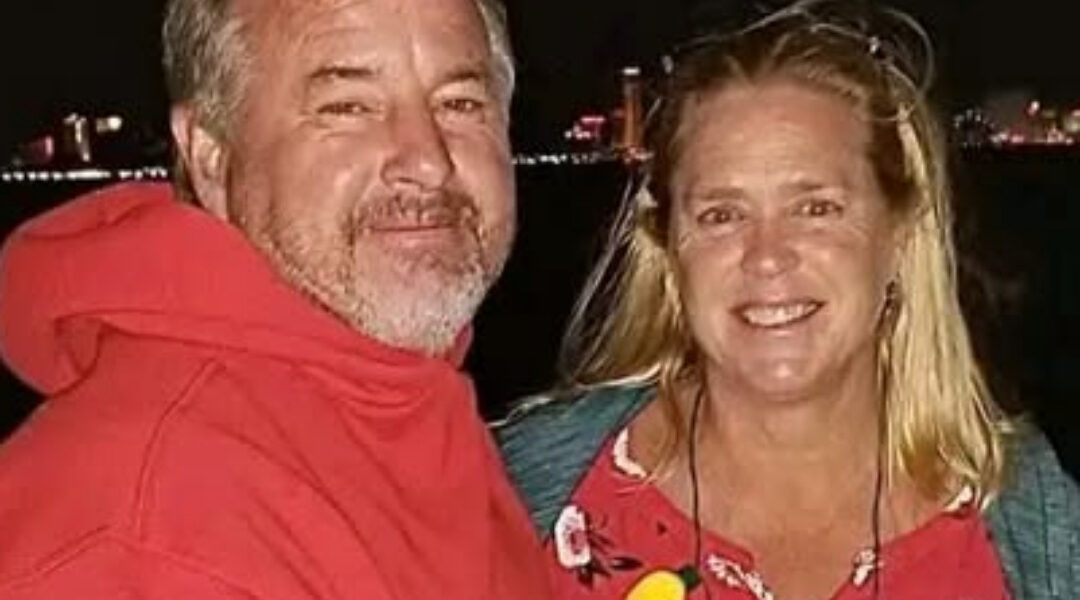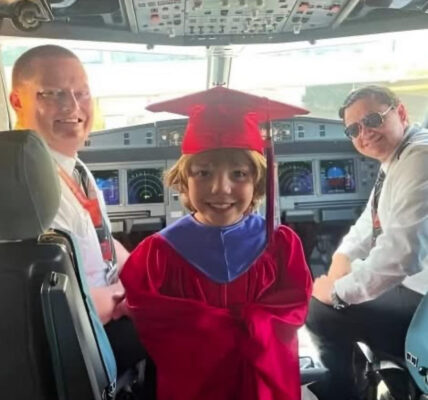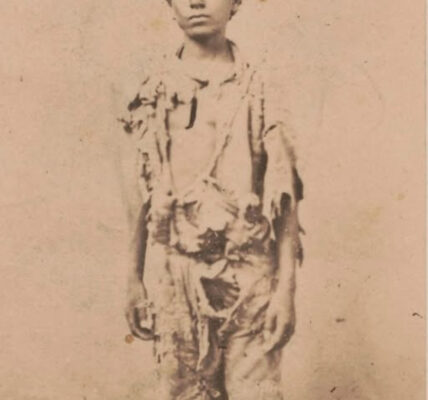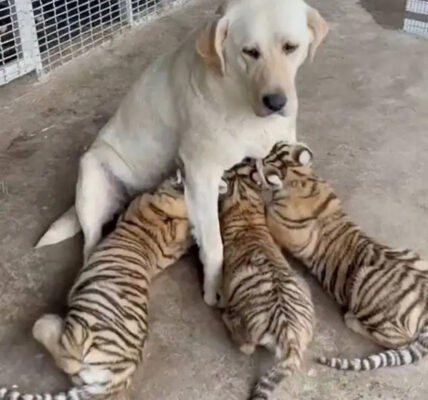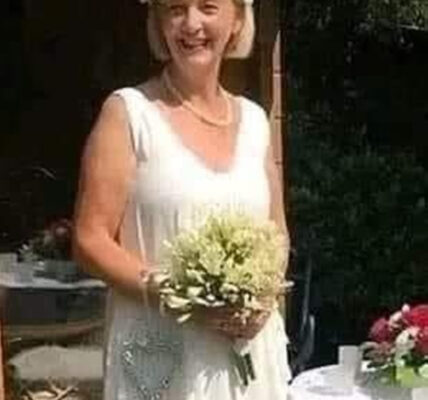
For 38 years, I stood before rows of teenagers, chalk dust on my sleeves, trying to make history feel alive. My name is Arthur Harrison, and for nearly four decades, I’ve taught American History — the Great Depression, the Dust Bowl, the fight for dignity in desperate times. I always told my students that history wasn’t just about presidents and wars — it was about ordinary people trying to do what’s right when the world seems unfair.
But the most powerful lesson I ever learned didn’t come from a textbook. It came from the school cafeteria.
It was a Tuesday, one of those days that blend into a thousand others. I was heading past the lunchroom when I saw Marcus, a quiet sophomore who rarely spoke but drew incredible sketches of soldiers and battlefields in his notebook. He stood in line like everyone else, until the cashier — someone I’d known for twenty years — said something that made his shoulders sag.
I watched as she handed him a cold cheese sandwich and a carton of milk — the dreaded “alternative meal.” His balance had run out. His debt was now public.
Marcus didn’t protest. He just walked to a table in the corner and sat alone. He didn’t touch the food. He stared at the wall, silent, humiliated. In that moment, I saw something that felt all too familiar from the chapters I taught — the quiet cruelty of poverty, the way dignity can be stripped away with something as small as a sandwich.
I went home that night with a knot in my chest. And the next morning, I walked straight into the cafeteria.
“Linda,” I said to the cafeteria manager, sliding a folded fifty-dollar bill across the counter, “I want this to cover anyone who can’t pay. Just… take it from here. No more cheese sandwiches.”
She looked up, eyes tired but soft, and gave a slow nod. That was all. No questions. No forms. Just understanding.
Every week after that, I slipped her another envelope — sometimes fifty dollars, sometimes a hundred when I could manage it. I called it The Invisible Lunch Fund. No announcements, no recognition. Just a quiet rebellion against a system that punished hunger.
For a year, it went on. I’d see a student at the counter, fumbling with their balance, and then Linda would hand them a hot meal instead — catching my eye with that same silent nod. It became our secret — a small act of kindness between two tired people who refused to stop caring.
Then, one afternoon, after the last bell, Sarah, one of my brightest AP students, stayed behind.
“My mom works in the office,” she said softly. “She sees the cafeteria books. There’s a line marked ‘Donation.’ She knows it’s you. I know it’s you.”
I felt my stomach sink. I was sure I’d crossed some bureaucratic line — that this small kindness would somehow be turned into a problem.
But then Sarah smiled. “We want to help.”
The following week, my students set up a bake sale in the hallway. Their sign read:
“Bake Sale for Benedict Arnolds — Because letting your classmates go hungry is treason.”
By lunchtime, the shoebox on my desk was overflowing — crumpled bills, handfuls of change, even a twenty tucked in between brownies and cookies. Over four hundred dollars.
The administration never questioned it. The teachers smiled quietly. The fund grew. And just like that, my small act had become a movement — one led by the very kids I’d spent my career trying to inspire.
Now, as I pack up my classroom for the last time, I realize the greatest lesson I ever taught didn’t come from the Constitution or the Gettysburg Address. It came from a cafeteria, from a few kids who refused to let another go hungry, and from a truth I had spent a lifetime trying to put into words:
History isn’t made only in wars or speeches. It’s made in small, unseen acts of grace — when one person looks at another and decides they deserve dignity, no matter the cost.
That’s the America I want to believe in.
And after 38 years, I think I finally learned it.
